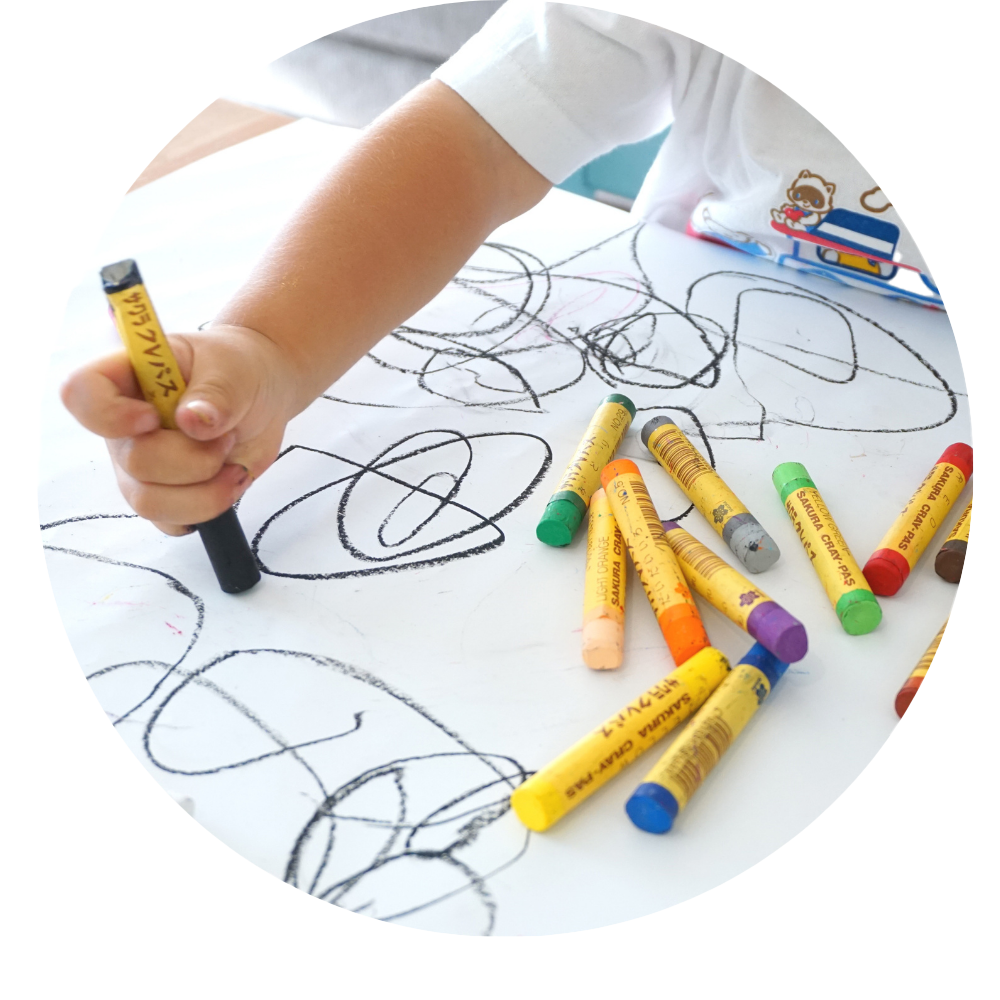
Occupational therapy helps children develop the skills they need for daily activities, from dressing and eating to school tasks and play. These skills lay the foundation for independence and long-term success.
OT addresses fine motor skills, coordination, sensory processing, and cognitive strategies, helping children engage fully in learning, play, and social interactions.
By mastering new skills and overcoming challenges, children gain confidence, resilience, and a sense of accomplishment, which supports their overall emotional and social development.

OT is an ongoing process that evolves with your child. Therapists collaborate with families, educators, and other providers to reinforce skills across home, school, and community settings. Periodic re-evaluations ensure therapy remains targeted and effective.
Pediatric occupational therapy (OT) helps children develop the skills they need to participate fully in daily life, including school, play, self-care, and social activities.
Children who struggle with fine or gross motor skills, sensory processing, attention, coordination, or daily living tasks may benefit from OT. A consultation can help determine the right support.
The evaluation typically includes assessments of motor skills, sensory processing, coordination, cognitive strategies, and daily living activities. The therapist gathers information from parents, teachers, and observations of the child.
Pediatric OT can begin in infancy and continues through adolescence, depending on the child’s needs and developmental goals.
Sessions are usually 30–60 minutes and may be scheduled weekly or more often, depending on your child’s individualized plan.
Yes! Pediatric OT sessions are designed to be engaging and play-based, so children build skills while enjoying activities that are meaningful to them.
Therapists track progress toward your child’s goals and provide regular updates. You will receive guidance on ways to support skill development at home and school.
Absolutely. Pediatric OT can address sensory sensitivities, motor planning, self-regulation, and focus, helping children feel more comfortable and confident in daily activities.
The duration varies based on your child’s goals and progress. Some children need short-term support, while others benefit from ongoing therapy to achieve and maintain skills.
Therapists provide practical strategies, exercises, and activities for home or school, so your child can practice skills in real-life situations and make steady progress.